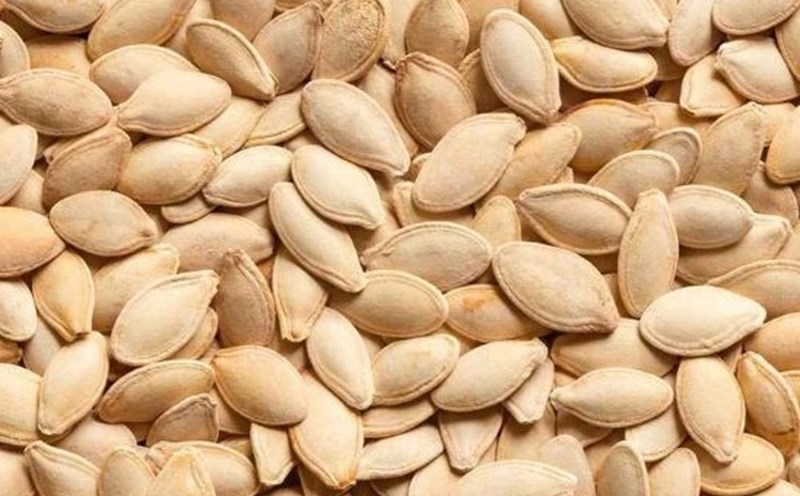A synthesis analysis published in the Journal of Nephrology has found that high doses of curcumin (over 1,000 mg/day over a long period of time) are associated with renal Tube inflammation, hyper urea and creatinine secretion, signs of acute kidney damage.
The mechanism of harm is explained to be that high doses of curcumin interfere with metabolic function in the renal Tube, leading to the accumulation of endogenous toxins and electrolyte imbalances.
This effect is especially noticeable in the group of people who use turmeric as an essential oil or supplements without a medical prescription.
A study by the US National Institutes of Health (NIH) published in 2022 recorded a number of cases of kidney damage related to high doses of turmeric taken at the same time as diuretic drugs or metformin, causing rapid decline in renal plaque filtering function.
Many turmeric products on the market, especially turmeric powder of unknown origin, may contain synthetic colorants, mercury, lead or inorganic anhydrates, which are toxic agents for the kidneys.
Long-term consumption of toxic turmeric can lead to chronic renal inflammation, damage to the renal cau and increase the risk of urinary cancer.
According to the American Nephrological Association (ASN), people with chronic kidney disease, including including including premenstrual kidney syndrome or on dialysis should not use high doses of turmeric or take turmeric starch daily because it can put an additional burden on the kidneys.
Instead, if you want to use turmeric to support anti-inflammation, you need to consult your doctor and only use natural turmeric in small doses (under 1g/day), preferably as a spice in food, combined with fat to increase viability and limit accumulation in the kidneys.











